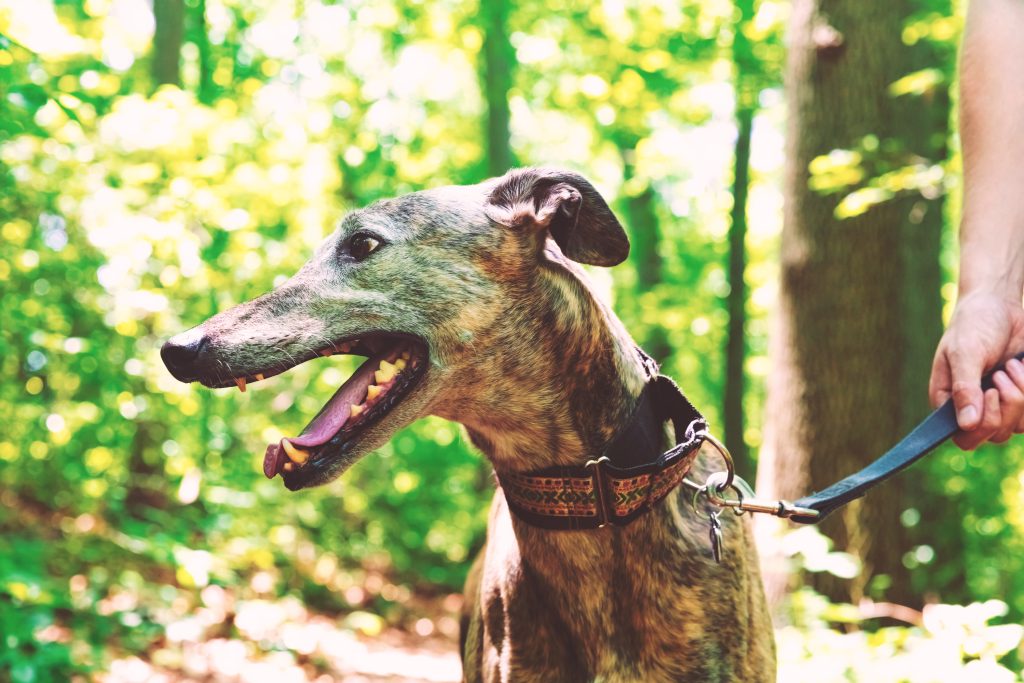Are you ready to start training your puppy? Great! In just seven days or less, you can have a well-behaved and obedient furry friend. Here’s how:
Introduction to Puppy Training
The first step in training your puppy is understanding that it takes time and patience. You need to be consistent with your approach and always reward good behavior. Positive reinforcement works best when training dogs, so make sure to praise your pup whenever they do something right.
The Importance of Consistency and Patience
Dogs thrive on routine, so establishing one for your puppy will help them understand what’s expected of them. Make sure everyone in the household follows the same rules and routines to avoid confusion. Be patient with your pup as they learn new things; remember, they are still babies and don’t know any better.
Establishing a Routine for Your Puppy
To set up a routine for your puppy, start by feeding them at regular intervals throughout the day. Take them outside after each meal to potty train them (more on this later). Also, create a schedule for playtime, exercise, and rest. This will help your puppy feel secure and comfortable in their new home.
Teaching Basic Commands (Sit, Stay, Come)
Once you’ve established a routine, it’s time to teach your puppy some basic commands like sit, stay, and come. Start with “sit” – hold a treat above your dog’s head and say “sit.” When they follow through, give them the treat and lots of praise. Repeat until they get the hang of it. The same goes for “stay” and “come,” but make sure to practice these commands in different environments before moving onto more advanced tricks.
Housebreaking 101: Potty Training Tips
Potty training is an essential part of raising a puppy. To start, take your pup out every hour or two to go to the bathroom. Watch for signs that they need to go, such as sniffing around or circling. Reward them when they go outside, and clean up accidents inside immediately. It may take some trial and error, but eventually, your puppy will catch on.

Socialization and Exposure to New Experiences
As your puppy grows older, it’s crucial to socialize them and expose them to new experiences. Take them to the park, introduce them to other animals, and let them explore new places. This will help build confidence and prevent fearful behaviors from developing.
Common Mistakes to Avoid During the Training Process
All in all, there are several common mistakes people make while training their puppies. Firstly, never scold or hit your dog – this won’t work and could lead to aggression issues down the line. Secondly, don’t overwhelm your pup with too many commands at once. Lastly, make sure to keep training sessions short and fun. If your puppy starts getting frustrated or bored, take a break and try again later.
Ultimately, training your puppy doesn’t have to be difficult or stressful. By following these tips and being patient, you can have a well-trained companion in no time. Good luck!

